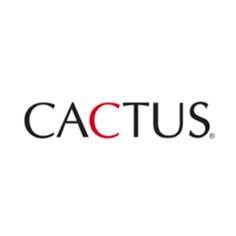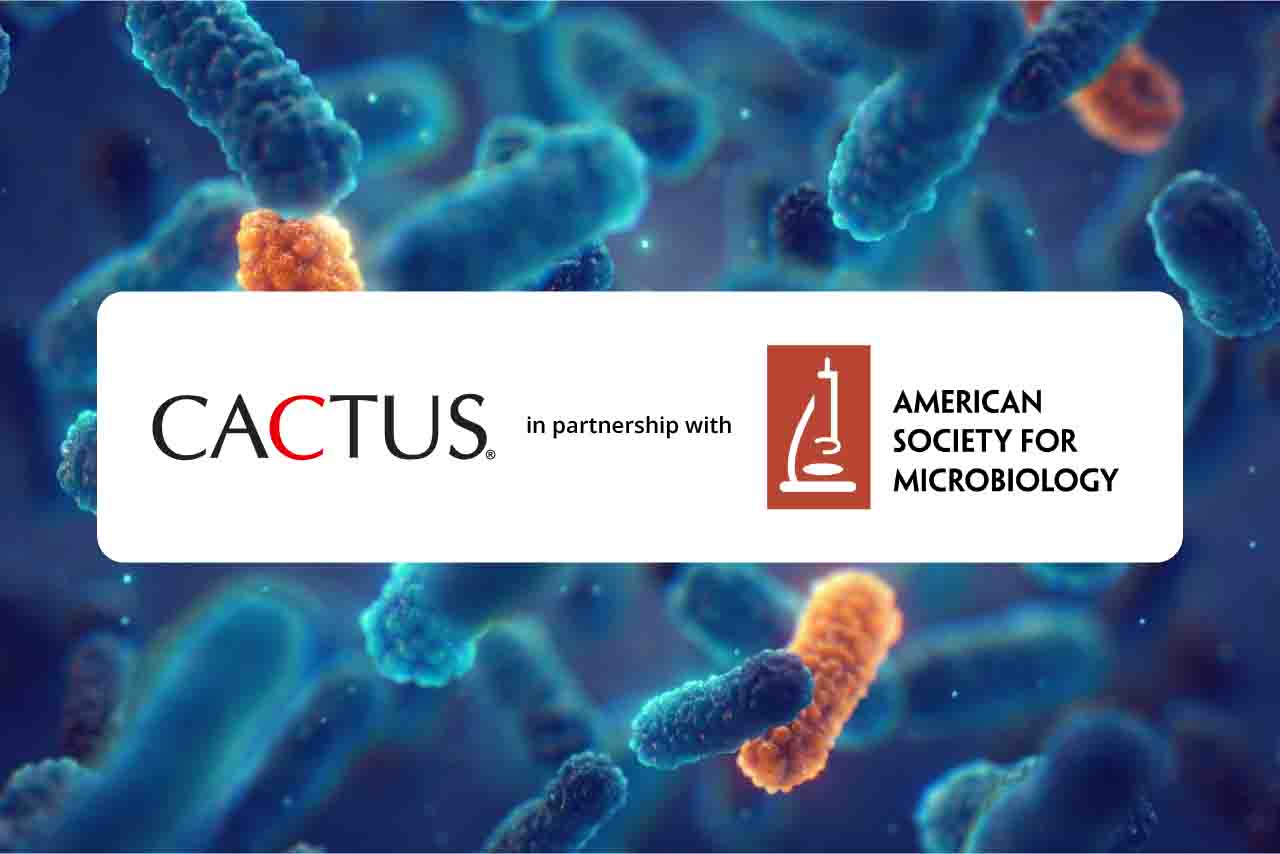Cactus Communications (CACTUS), a science communication and technology company, is thrilled to announce a strategic partnership with the American Society of Microbiology (ASM) for its innovative product, Paperpal Preflight. This collaboration will empower authors submitting manuscripts to ASM journals by offering them access to Paperpal Preflight, a cutting-edge tool by CACTUS that allows authors to conduct comprehensive language and technical compliance checks instantaneously, ensuring their submissions adhere to the highest standards. This will not only streamline ASM’s submission process but also significantly reduce the editorial workload, allowing for a more efficient and seamless experience for authors and reviewers.
Abhishek Goel, CEO and Co-founder of CACTUS, expressed enthusiasm about the partnership, stating, “We are delighted to join hands with the American Society of Microbiology. Our collaboration is a testament to our commitment to advancing the quality of research publications. With Paperpal Preflight, we aim to enhance the manuscript submission experience, facilitating a smoother process for authors while supporting ASM in maintaining the highest editorial standards.”
David Haber, Director of Publishing Operations at ASM, said, “This partnership with CACTUS is an exciting step forward in our ongoing efforts to enhance the efficiency and quality of the submission process. By integrating Paperpal Preflight, we anticipate a more streamlined and accurate evaluation of submissions, further improving our journal’s contribution to the scientific community.”
Paperpal Preflight is a plug-and-play web-based application that comes at no additional cost to publishers. Powered by machine learning, Paperpal Preflight helps authors identify language and technical issues in their manuscripts, from missing declarations to common language issues, prior to submission. It also allows the authors to download the edited document with suggested improvements as track changes. By offering authors technical checks against over 30 parameters, authors can reduce their chances of desk rejection by up to 80% and editorial offices can significantly reduce time spent on technical checks.

